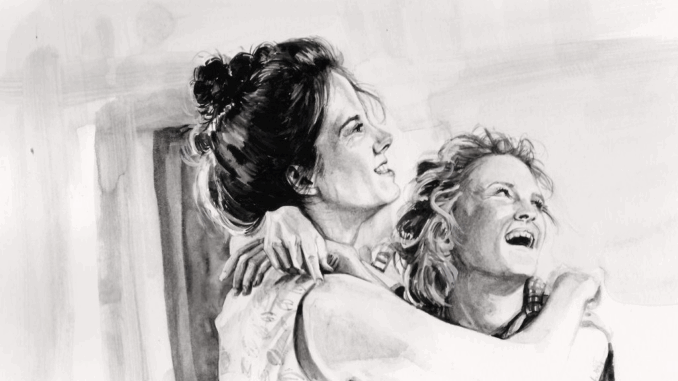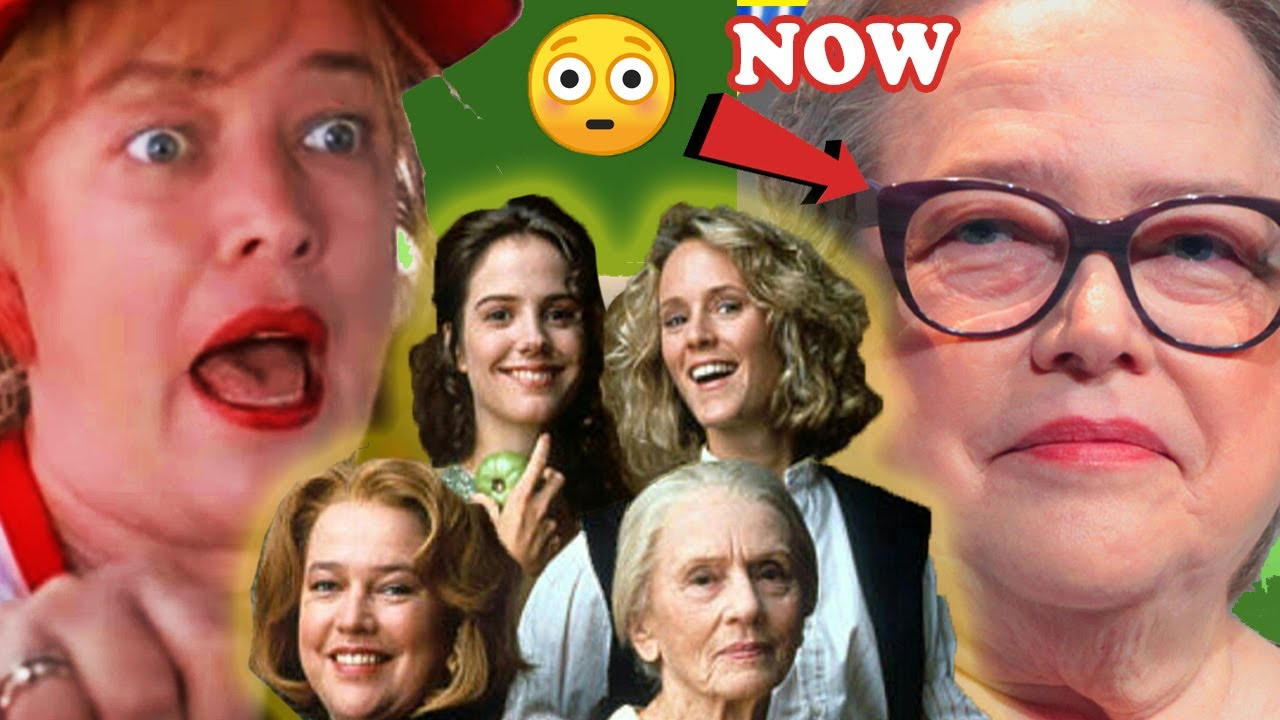
The Shadow of Frank Bennett’s Disappearance
When Frank Bennett vanishes, the town of Whistle Stop falls under the cloud of suspicion. Though no body is ever found, his violent reputation and the circumstances surrounding his disappearance quickly make one thing clear: people suspect foul play — and the fingers point straight at Idgie Threadgoode and Big George.
Frank’s past abuse of Ruth Jamison and his attempt to take Buddy Jr. are known well enough among the townsfolk, even if never publicly spoken. But in the eyes of the law, especially a law rooted in racial and gender prejudice, none of that matters. What matters is that Frank is gone, and someone must pay.
The Trial Begins — A Stage of Tension
The courtroom becomes a tense battleground. Idgie, fiercely defiant as ever, refuses to play the victim or the criminal. She sits in court not as a frightened woman, but as someone deeply aware of the injustice surrounding her — and what she stands to lose. Next to her is Big George, a Black man in the Jim Crow South, whose very presence in court as a suspect is enough to put his life at risk.
This isn’t just a trial about murder. It’s about race, gender, and power. The film doesn’t shy away from showing how fragile the line is between innocence and guilt when the justice system is built on inequality.
Reverend Scroggins’ Testimony — The Unexpected Savior

In a surprising twist, salvation comes from an unlikely ally: Reverend Scroggins. His testimony — a bold lie, delivered with the authority of the cloth — provides the alibi that saves both Idgie and Big George.
“I was with them, fishing that day,” he tells the court. It’s a moment of powerful subversion. The Reverend uses his religious authority to protect those he knows are good, even if the truth must be bent to serve a greater moral compass.
This scene underscores the idea that sometimes, doing right means breaking the rules. The courtroom isn’t a place of justice — it’s a place where justice must be created by those who dare to speak out.
Community Over Convention
The townspeople of Whistle Stop may gossip, but deep down, many know what really happened — or at least, who Frank was. They’ve seen enough to understand that the law doesn’t always serve justice, and their silence is its own form of testimony.
When the judge dismisses the charges and the courtroom clears, the relief is palpable — not just for Idgie and Big George, but for the viewer, too. We aren’t asked to question whether Frank deserved what he got. We’re asked to consider whether the people who stood up against him deserve to be punished for protecting their own.
The Verdict Beyond the Courtroom
What’s most striking about this trial is what it reveals about Whistle Stop’s code of loyalty. In a town often divided by race and class, the café and its community become a unifying force. Idgie and Big George don’t just survive — they emerge stronger, their bond unbroken.
And in the end, the trial becomes more than a moment of legal drama. It’s a turning point that proves the strength of found family, of moral courage, and of choosing to stand by what’s right, even when the world says you’re wrong.
The courtroom scene in Fried Green Tomatoes is not just about legal guilt or innocence — it’s a story about resistance, loyalty, and the blurry lines between justice and law. In the South of the 1930s, justice is rarely fair, but in Whistle Stop, it is fiercely protected — especially by those who know what it means to be cast aside by the system.
This scene leaves us with one resounding truth: sometimes, the right people are the ones who break the rules to protect what’s sacred — love, loyalty, and life itself.
